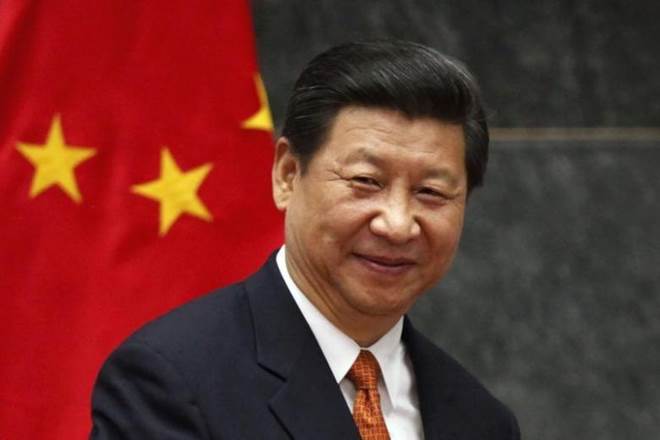China is set to host the China-CELAC Forum this week in Beijing, bringing together key trade and diplomatic partners from Latin America and the Caribbean in a strategic move to deepen economic ties and expand its influence in the region.
Presidents of Brazil, Colombia, and Chile are among the senior officials attending Tuesday’s ministerial-level summit. Chinese President Xi Jinping is scheduled to deliver a keynote address, his first to the forum since its inaugural session a decade ago.
The event comes amid ongoing efforts by China and the United States to de-escalate trade tensions, following a weekend of high-level negotiations that resulted in a tentative agreement to reduce the U.S. trade deficit. Both sides are expected to issue a joint statement outlining next steps in the economic dialogue.
According to official Chinese figures, bilateral trade between China and the Community of Latin American and Caribbean States (CELAC) reached $427 billion in the first nine months of 2024, driven largely by commodities such as soybeans, copper, iron ore, and crude oil.
Brazilian President Luiz Inacio Lula da Silva’s visit to Beijing coincides with the summit, with more than a dozen bilateral agreements expected. China is Brazil’s largest trading partner, having imported $37 billion worth of soybeans alone last year.
Chile is also expected to engage in discussions on lithium investment, with Chinese firm Tsingshan expressing interest in the country’s downstream lithium sector. Chilean President Gabriel Boric confirmed his attendance and plans to meet with President Xi.
The China-CELAC Forum serves as a key platform for Beijing’s Belt and Road Initiative (BRI) in the region, promoting cooperation on trade, infrastructure, and investment. While Panama withdrew from the BRI earlier this year, other countries like Colombia have expressed interest in joining, following recent progress in BRI-related infrastructure projects in Peru.
China’s broader global strategy includes rallying trade partners to resist what it calls “unilateral tariff abuse” by the United States. In recent weeks, Beijing has increased engagement with countries in Latin America, Southeast Asia, and Europe, including new discussions with the European Union on setting price standards for Chinese-made electric vehicles.
Tensions between Beijing and Washington remain high in strategic regions like the Panama Canal, where a $23 billion acquisition by the U.S.-based BlackRock consortium of Hong Kong-based CK Hutchison’s port assets has prompted regulatory scrutiny and diplomatic concern in China.
The China-CELAC summit is also expected to lay the groundwork for further cooperation ahead of the BRICS Summit in Rio de Janeiro this July.




